Island life
ਪ੍ਰਕਾਸ਼ਿਤ: 03.07.2022
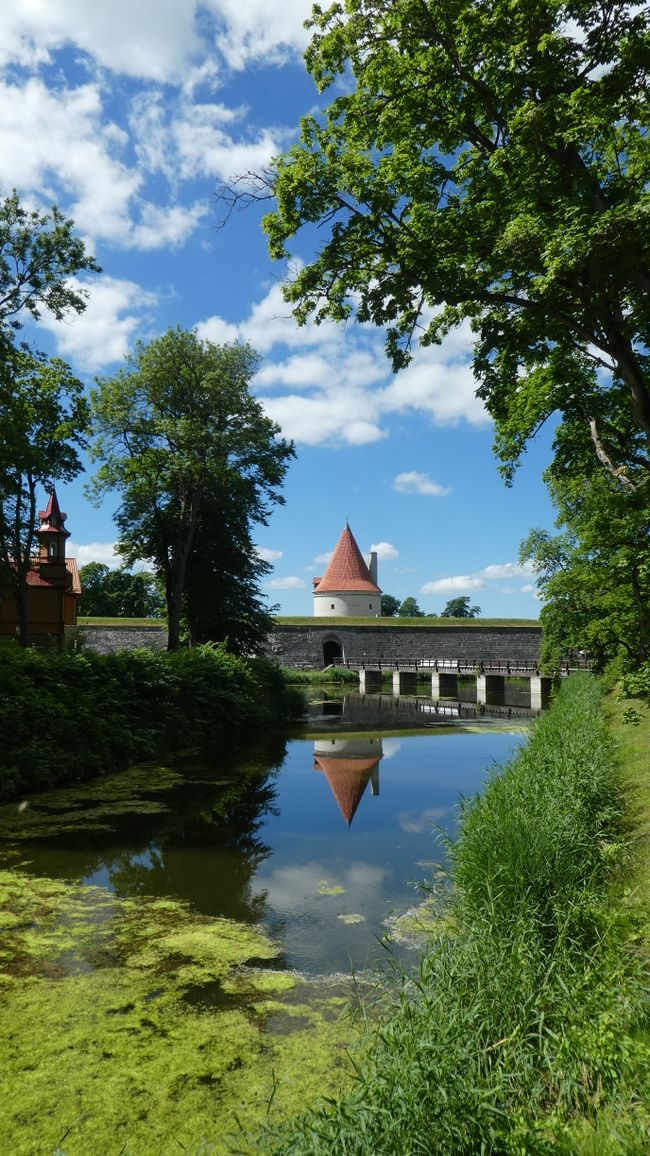
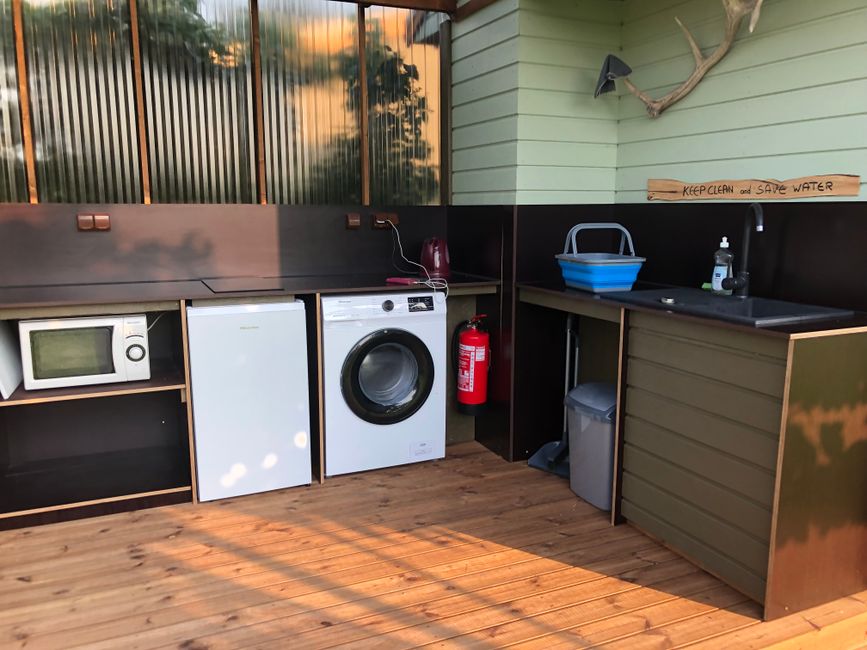
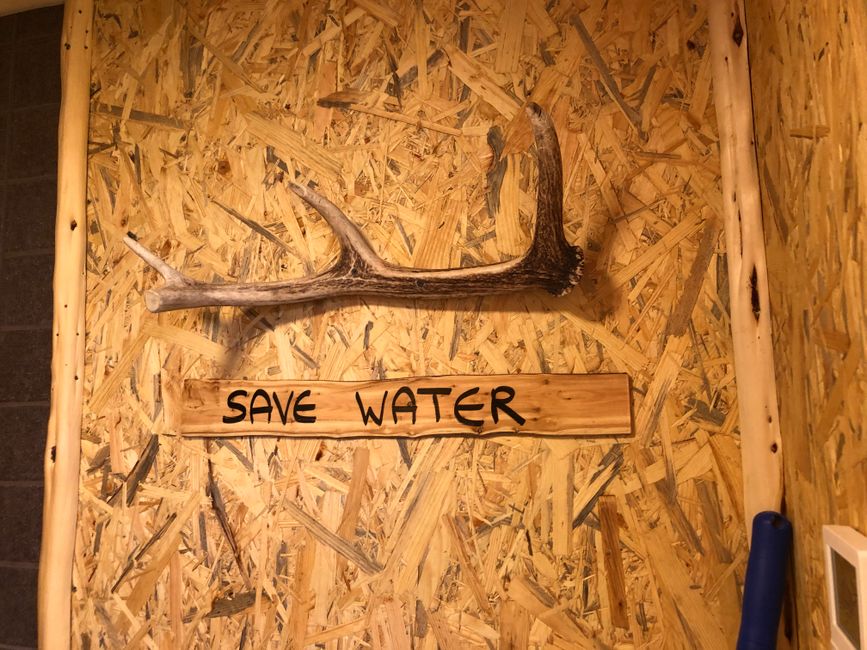
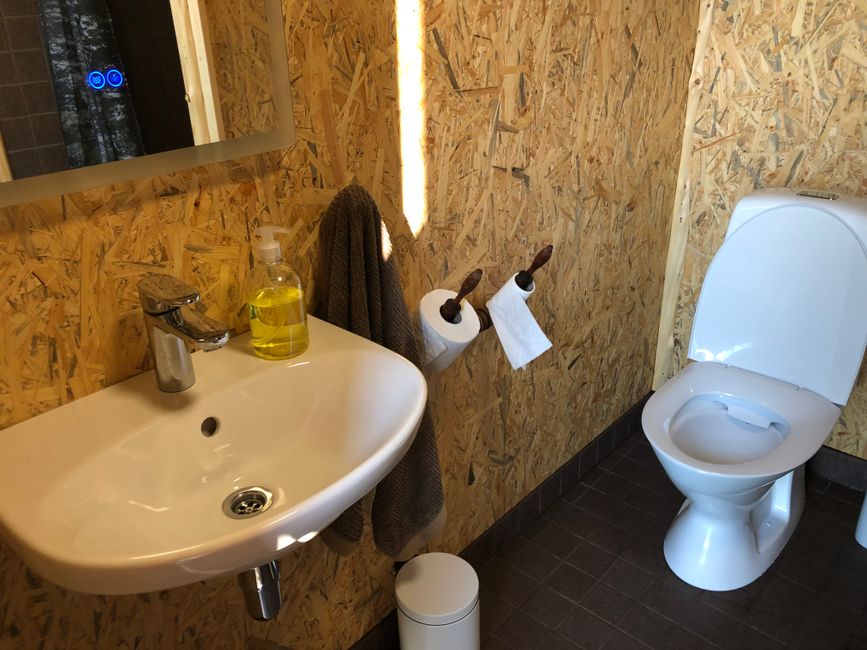
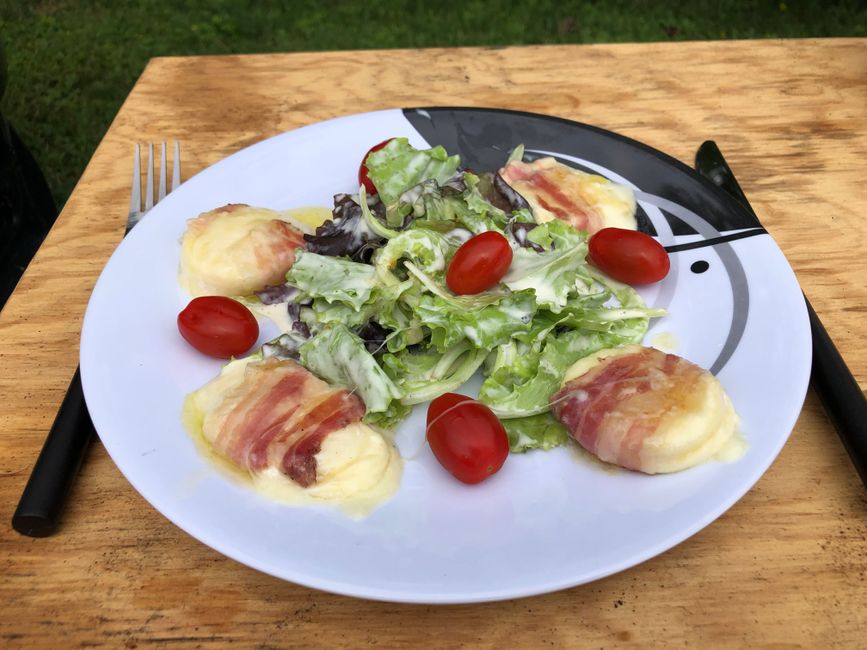
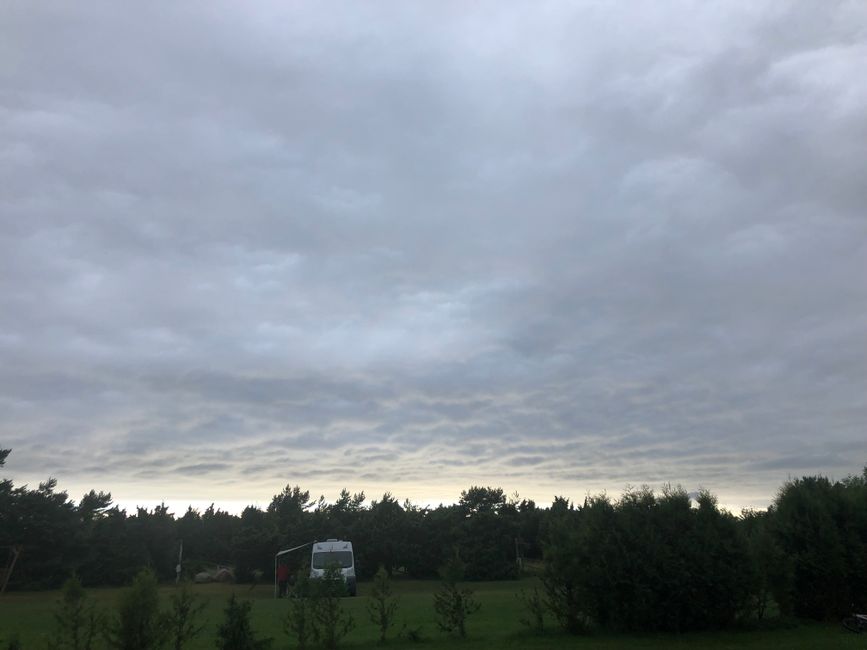
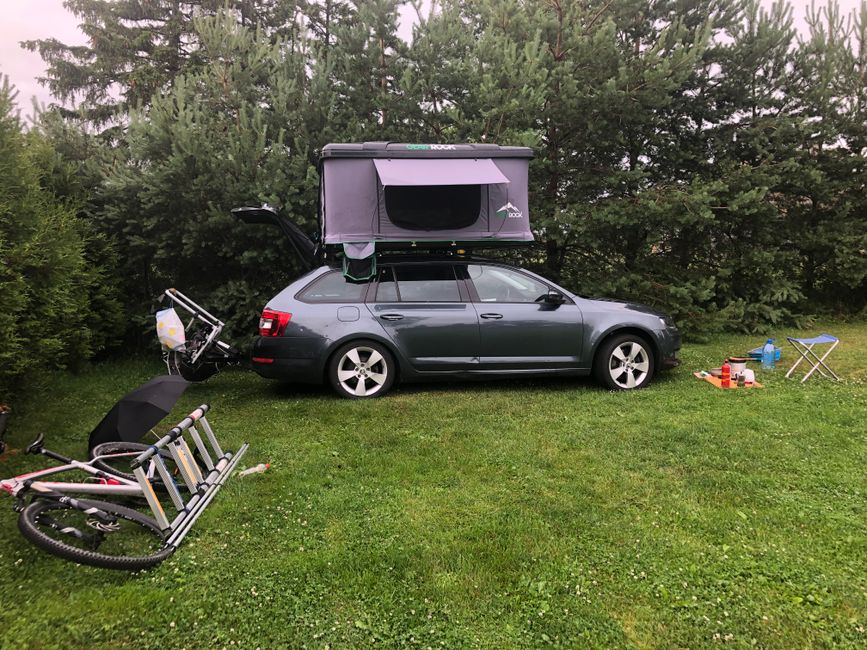
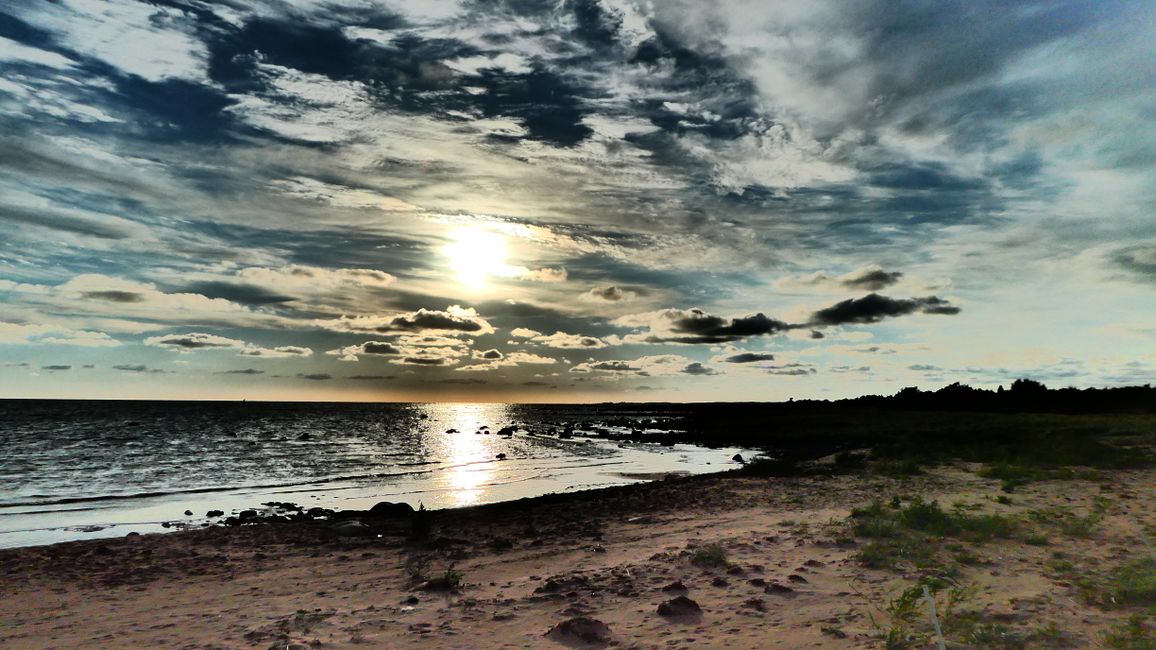
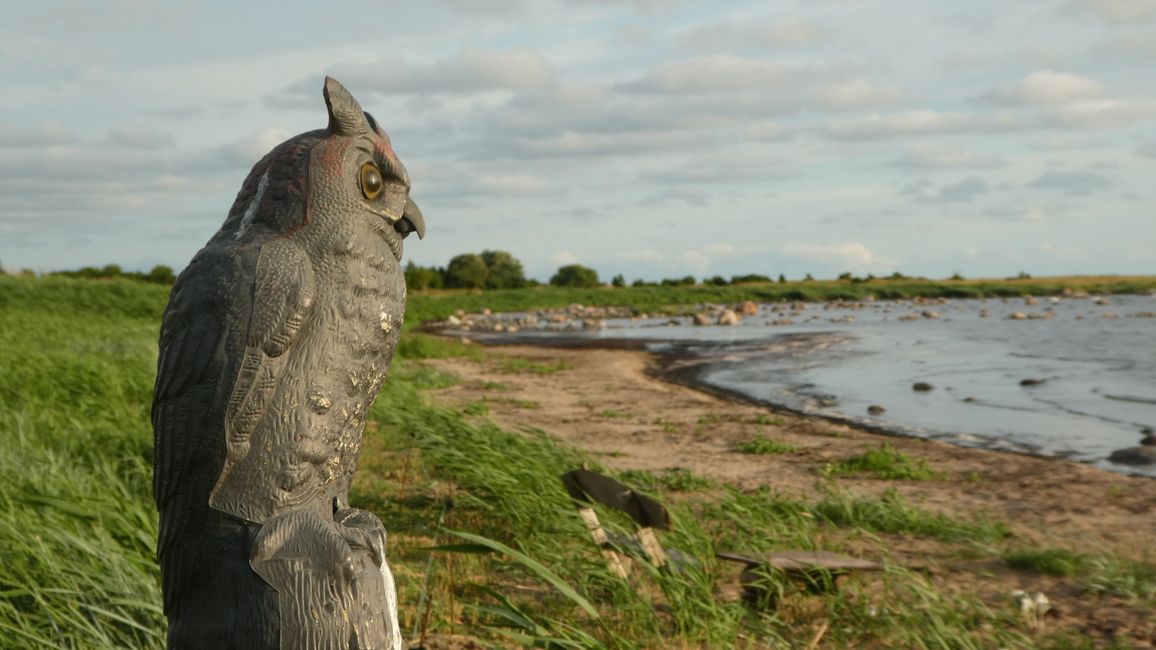
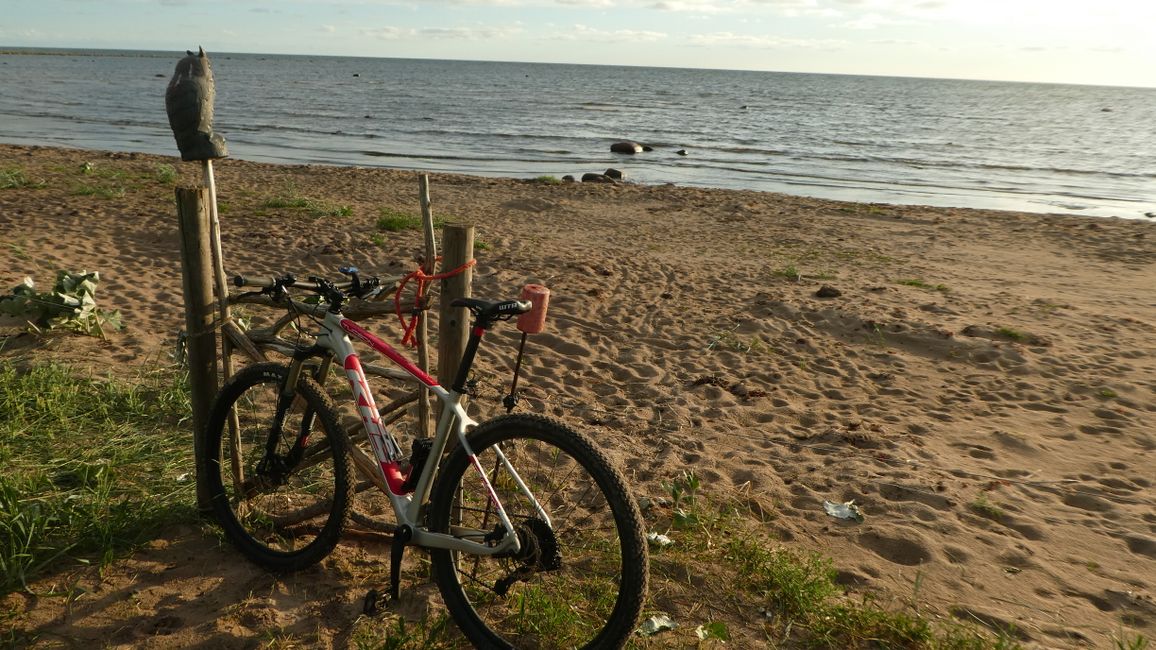
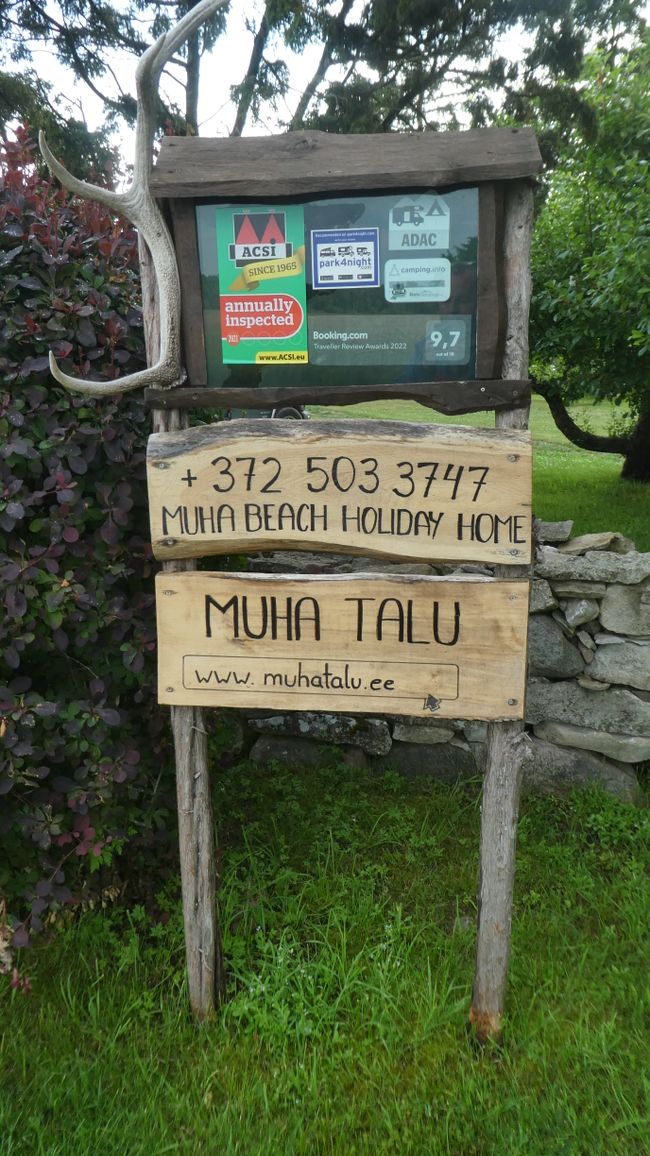
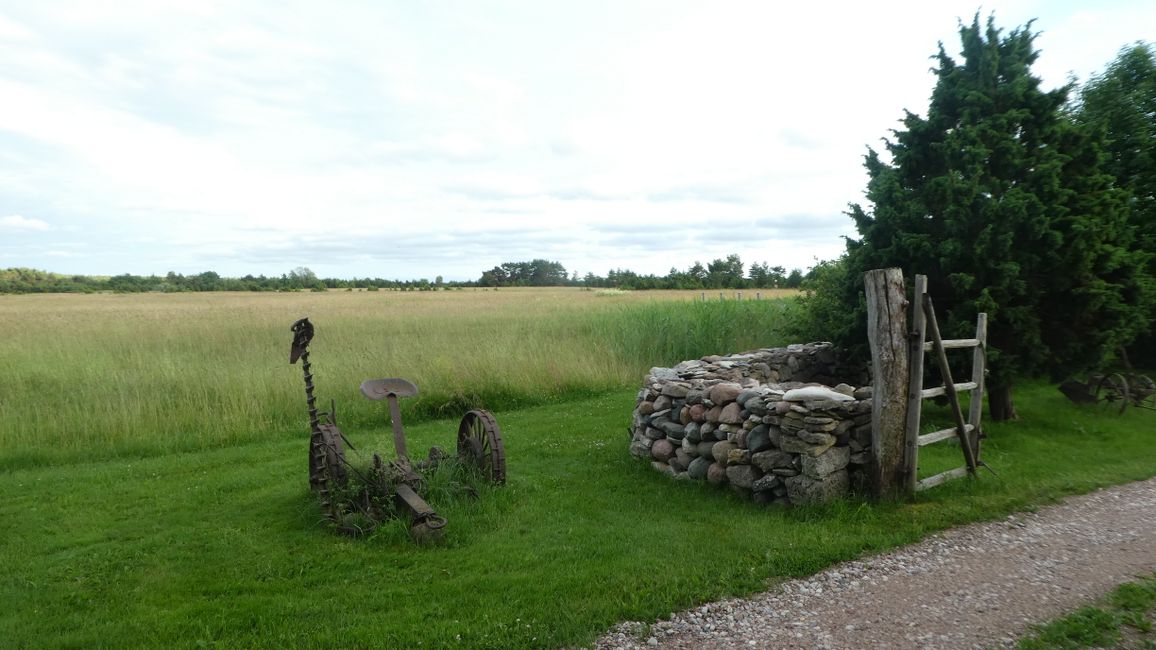
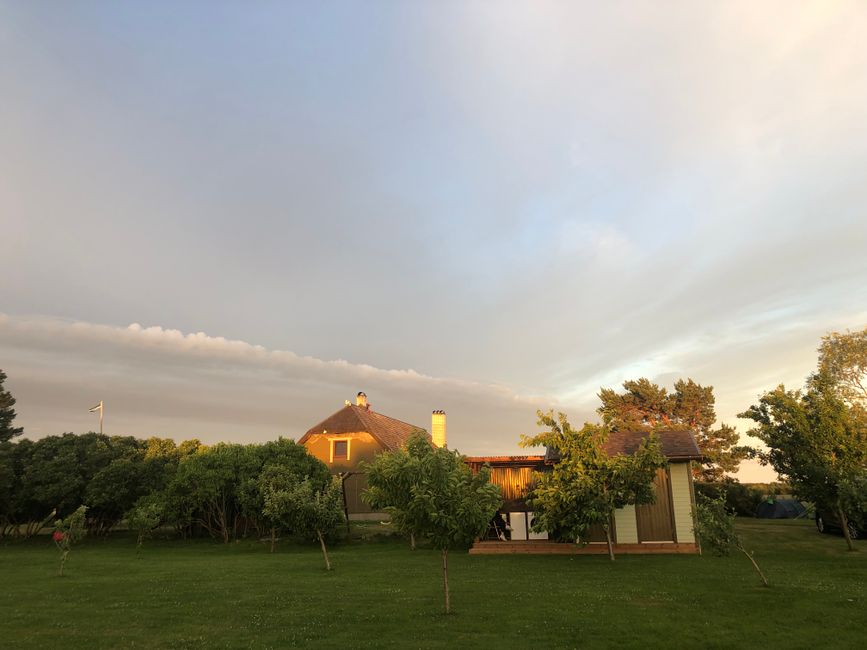
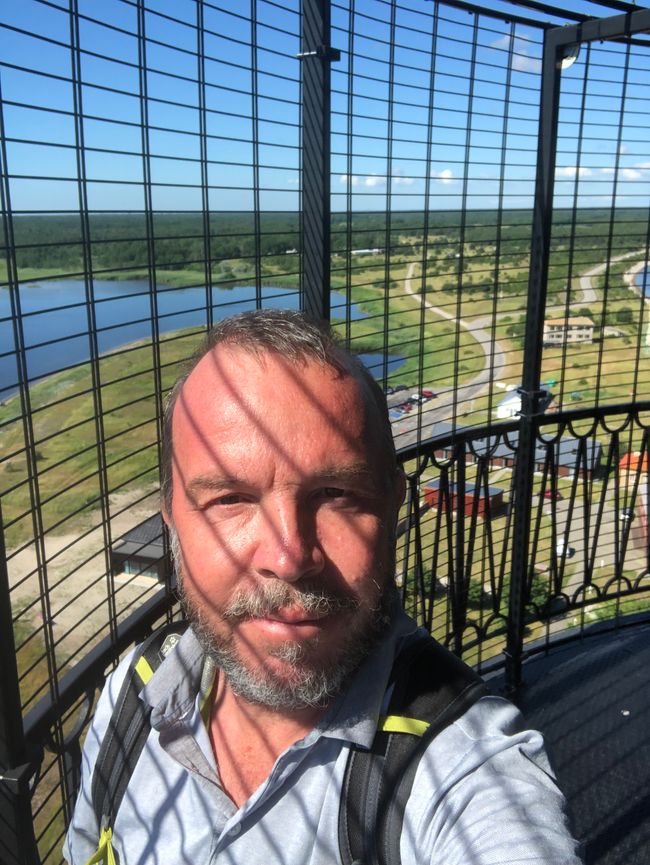
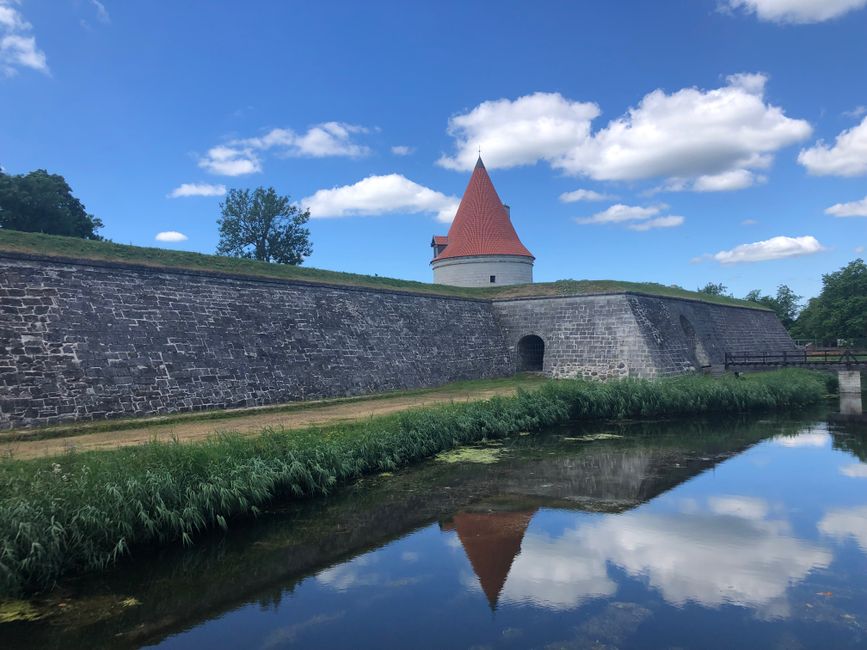
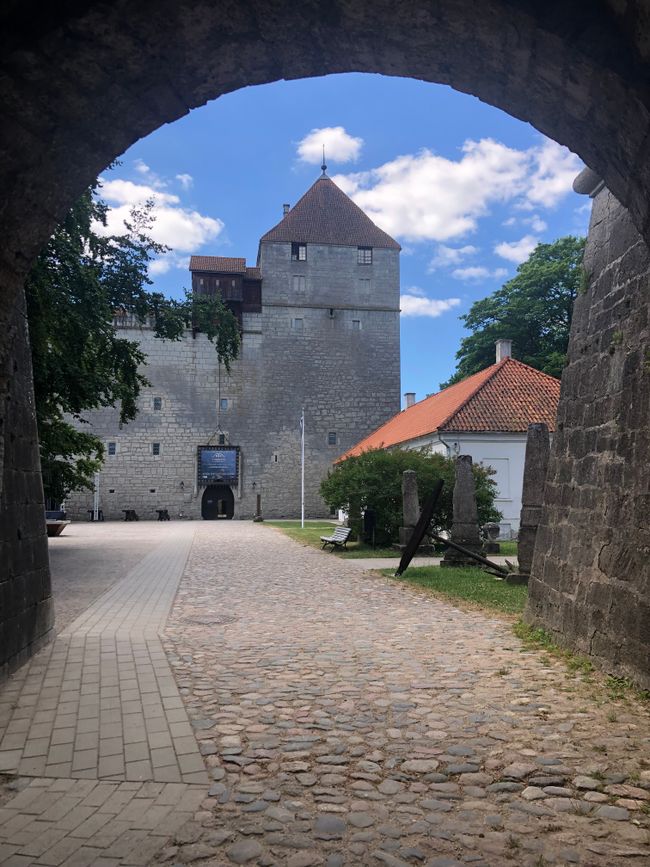
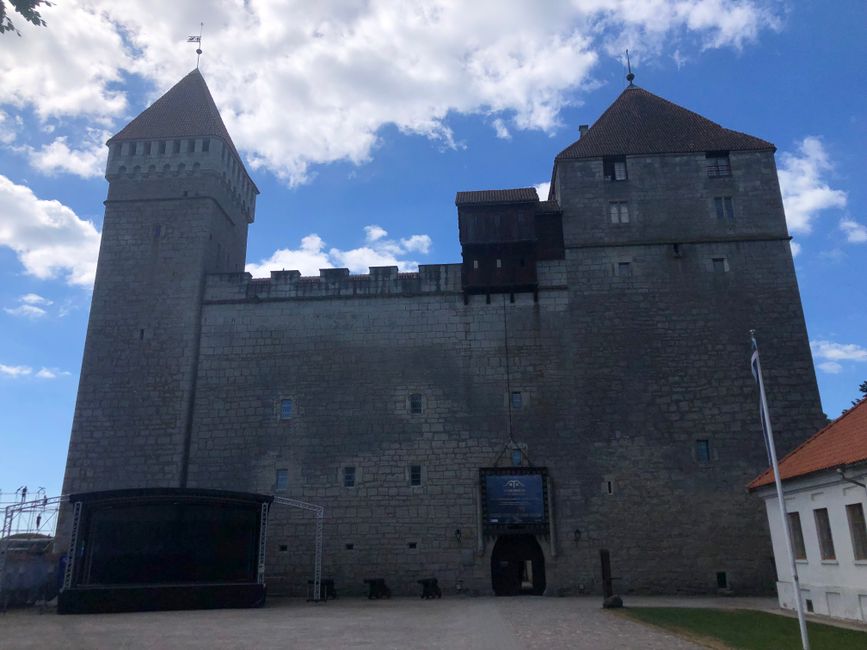
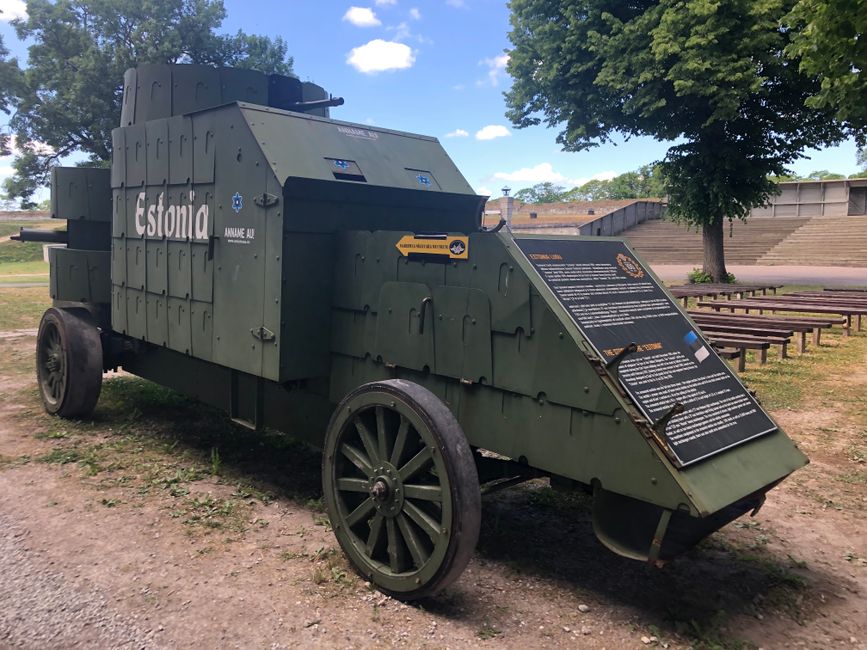
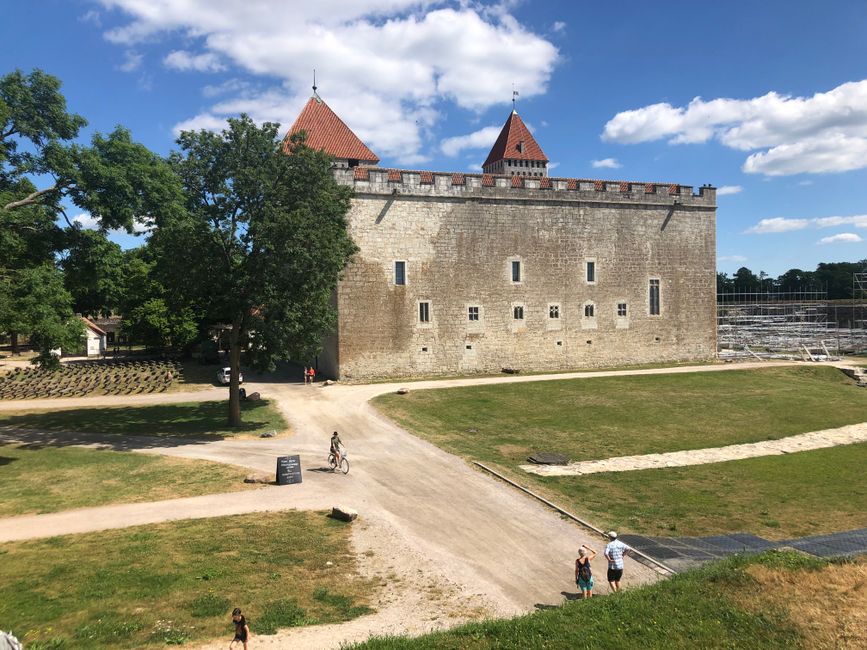
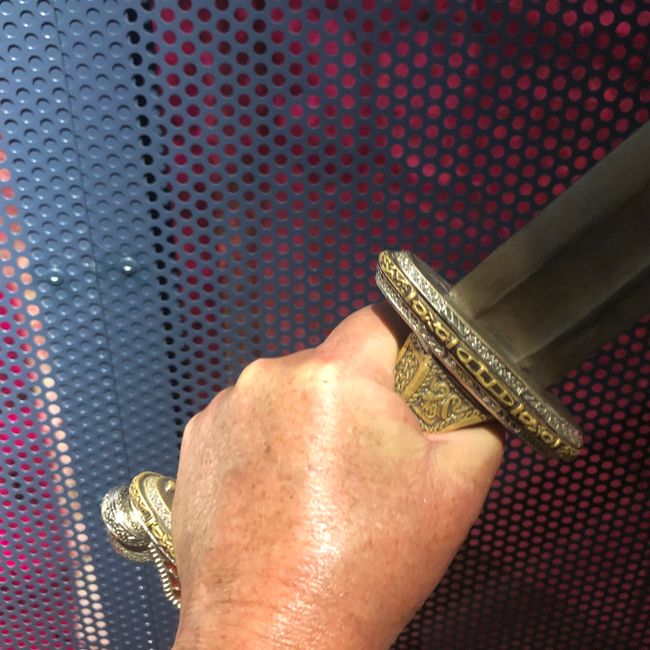
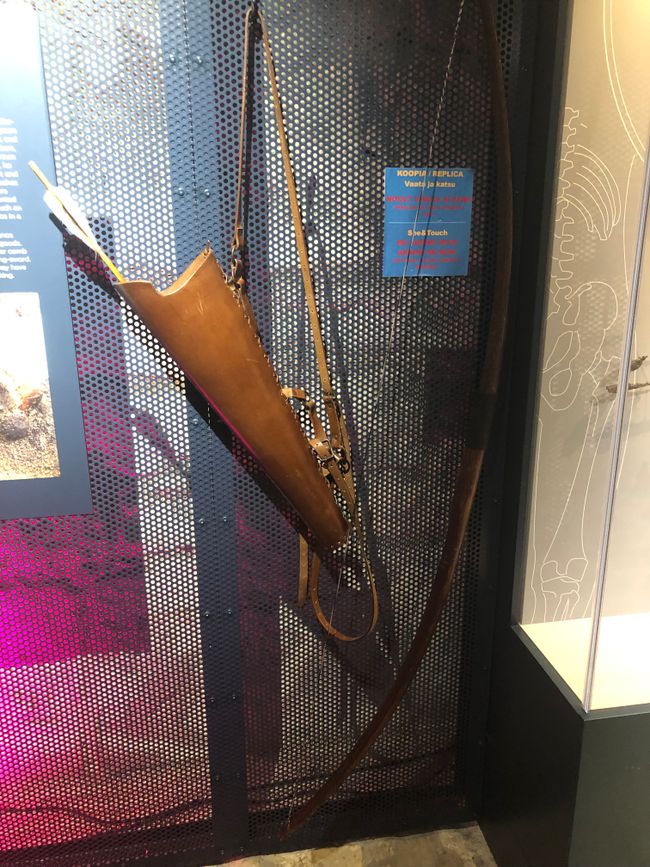
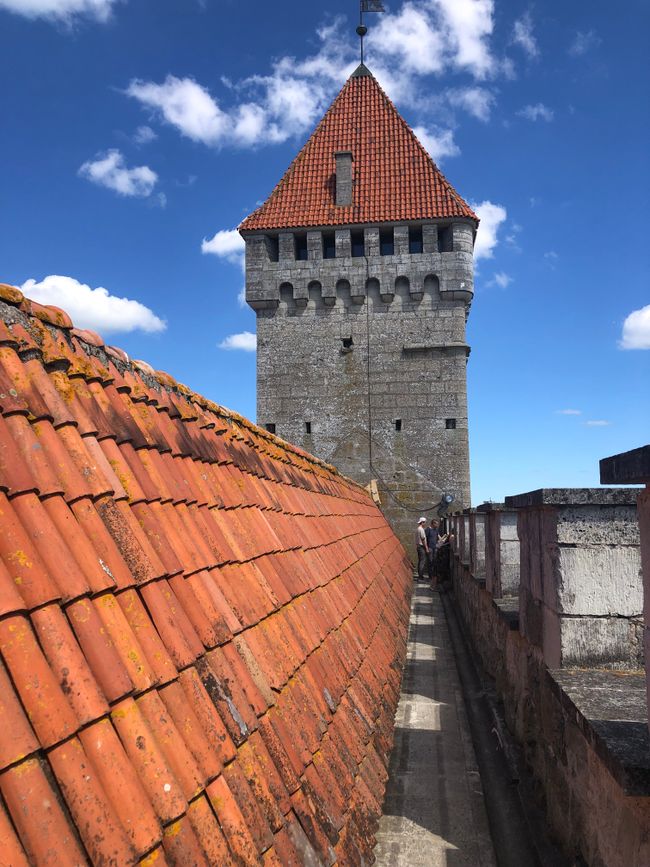
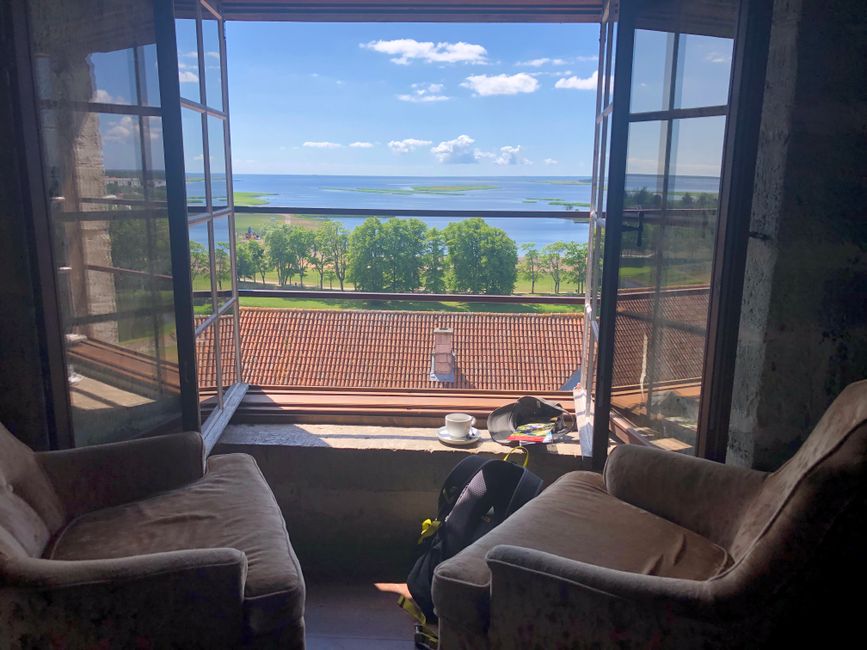
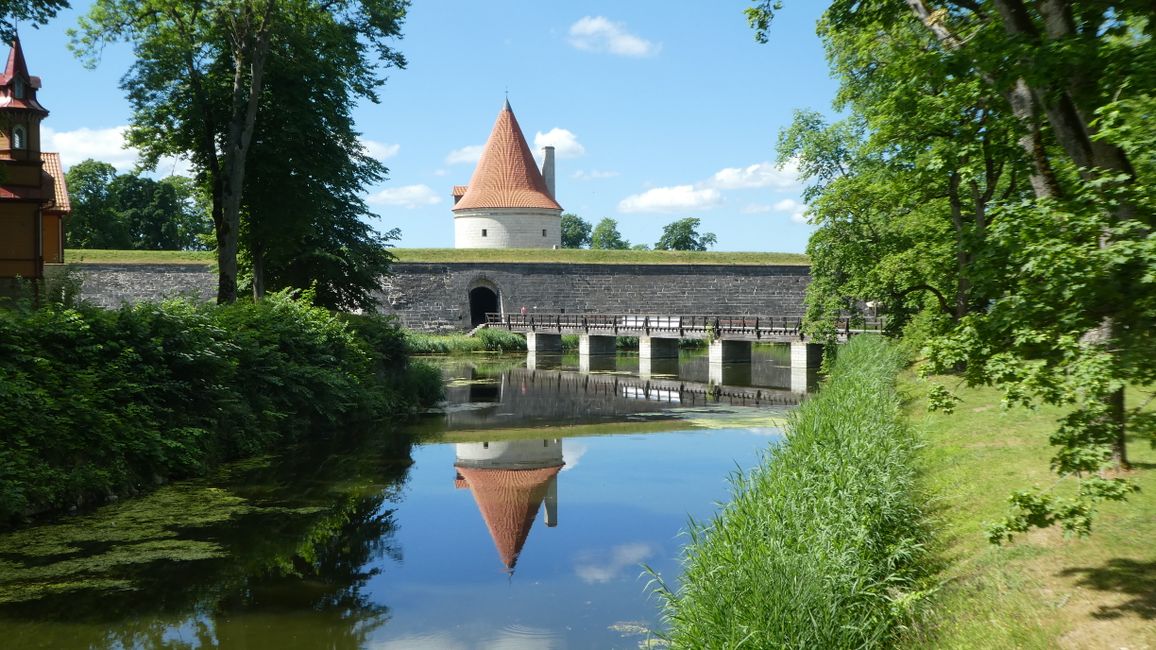
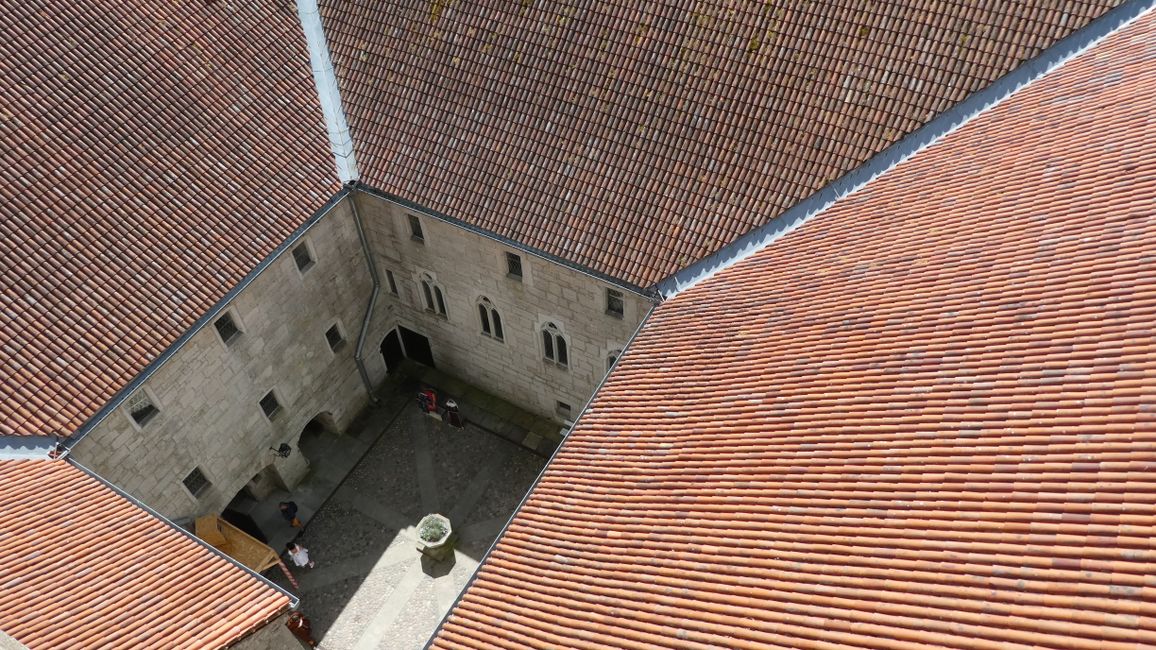
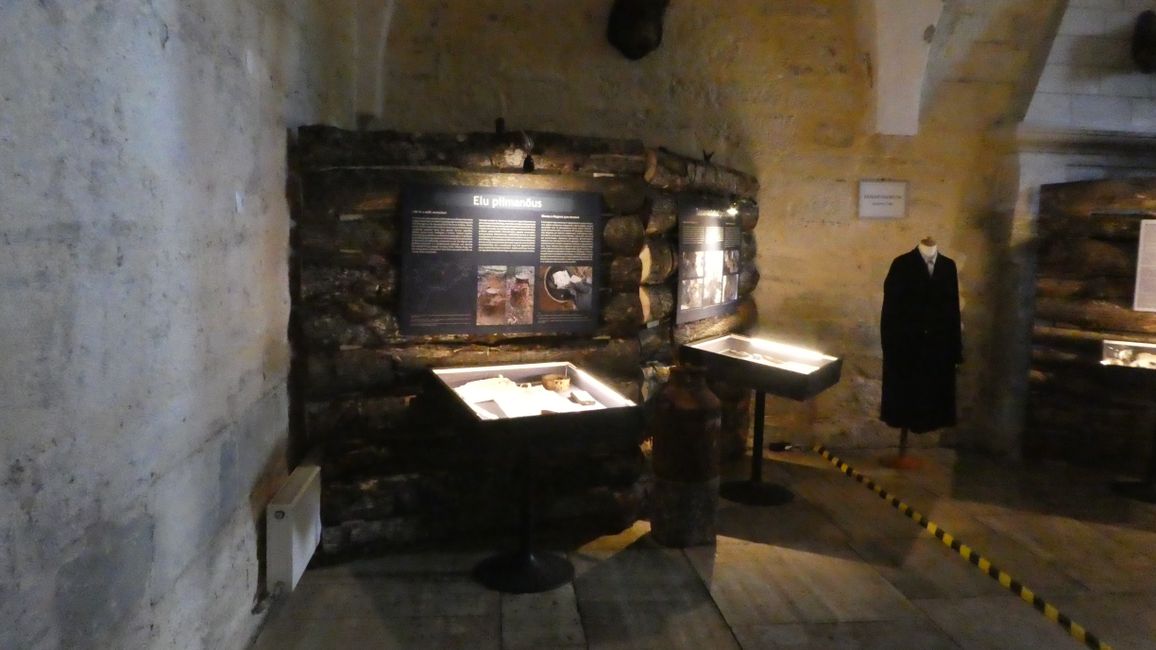
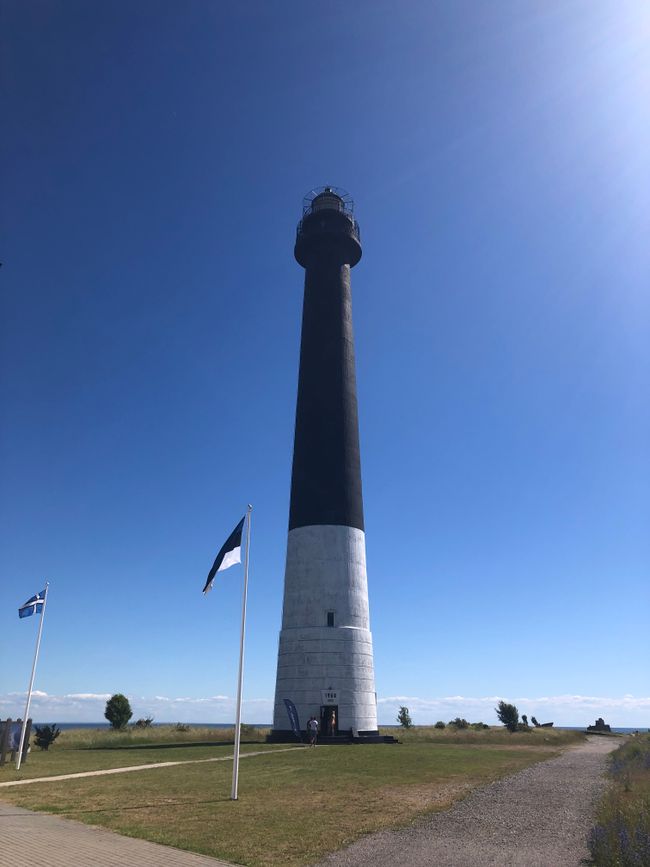
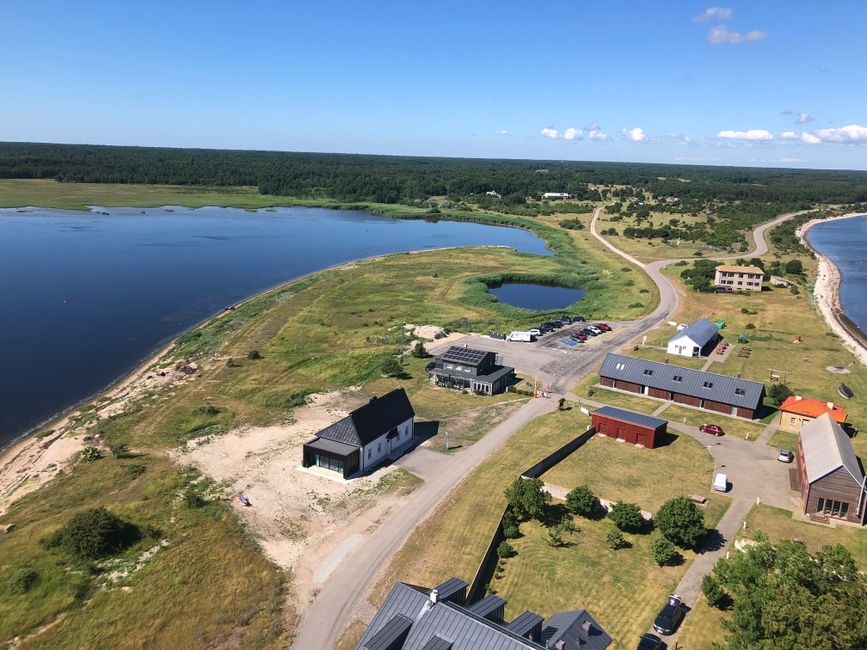
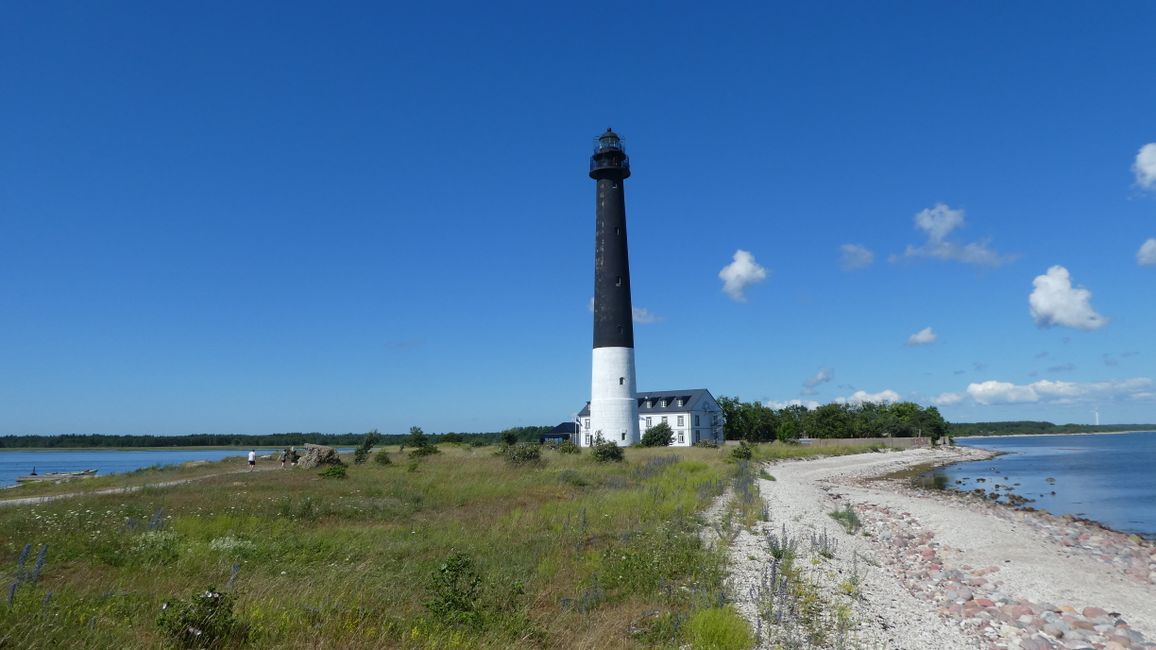
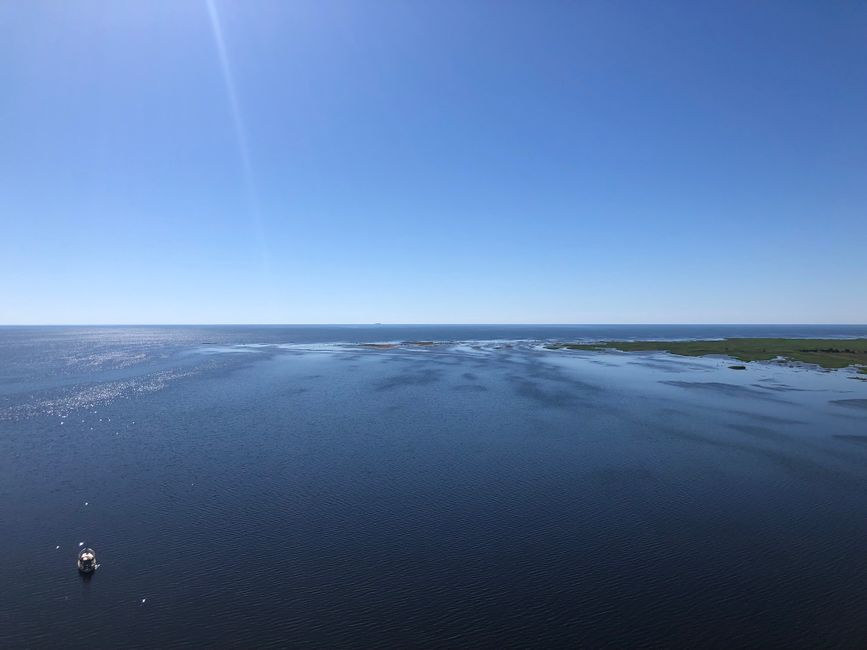
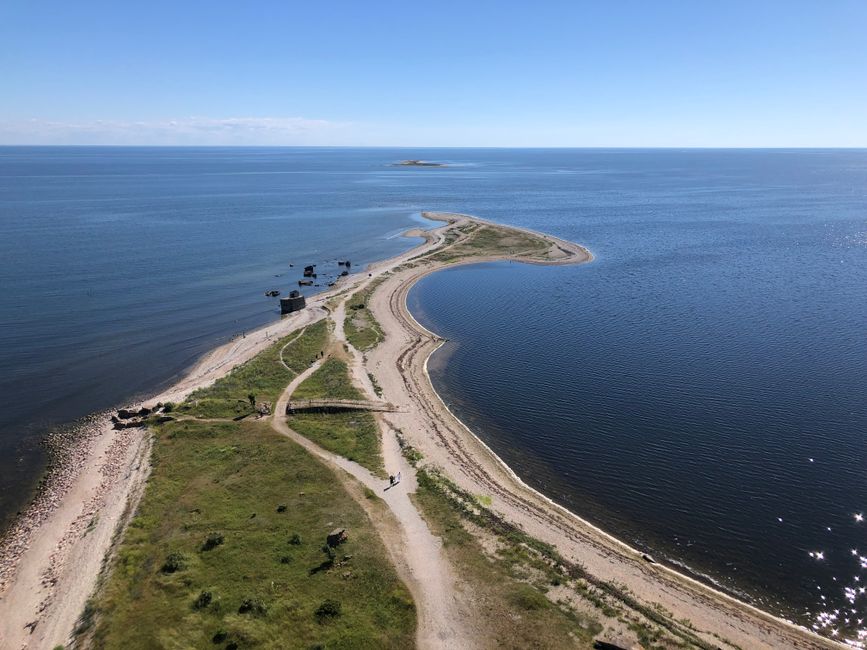
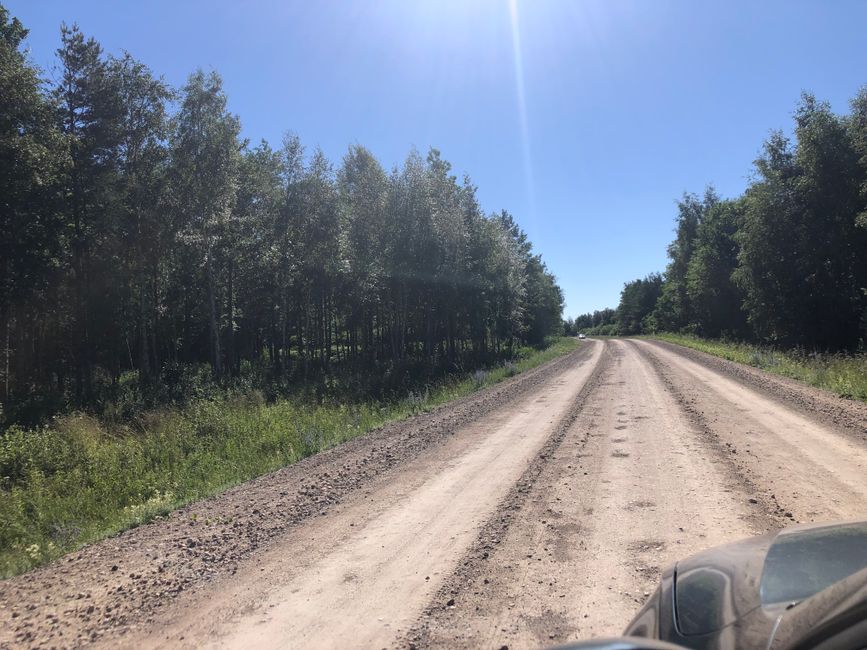
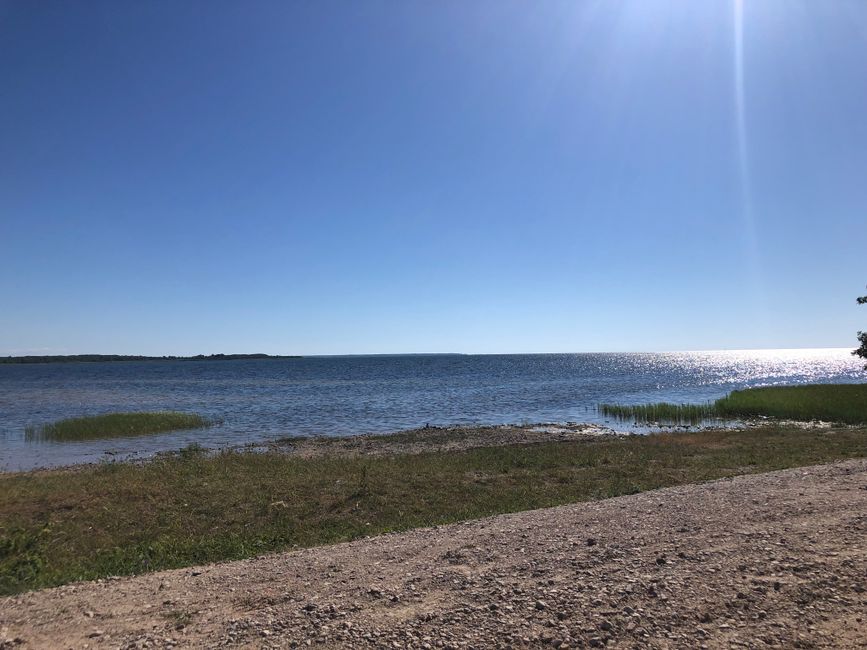
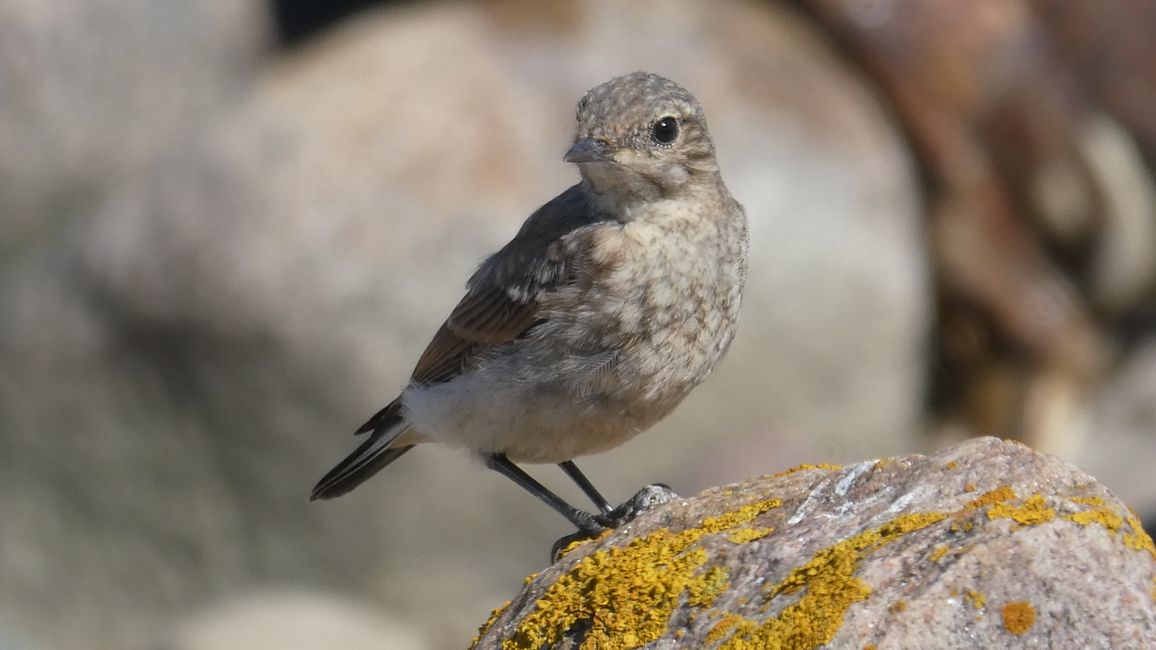
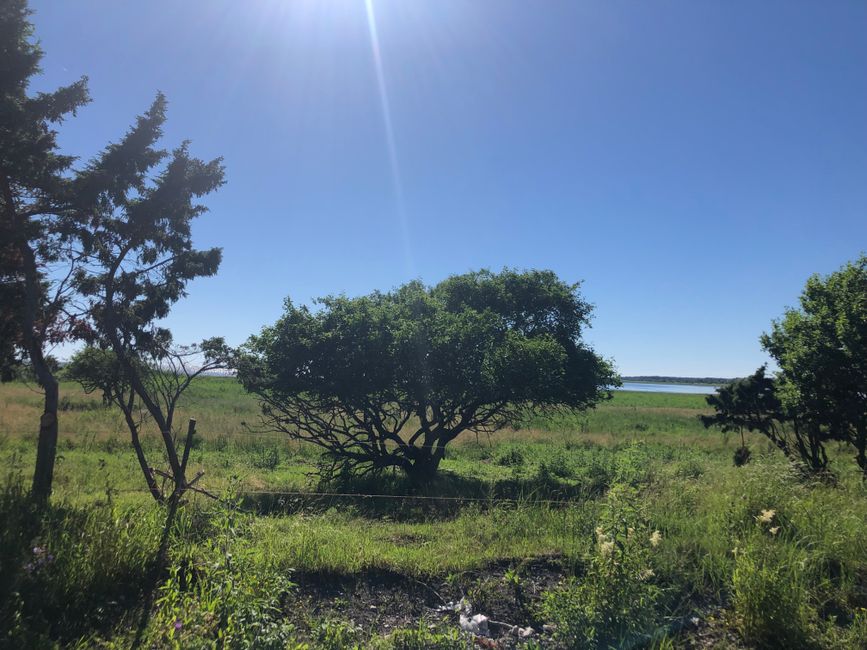
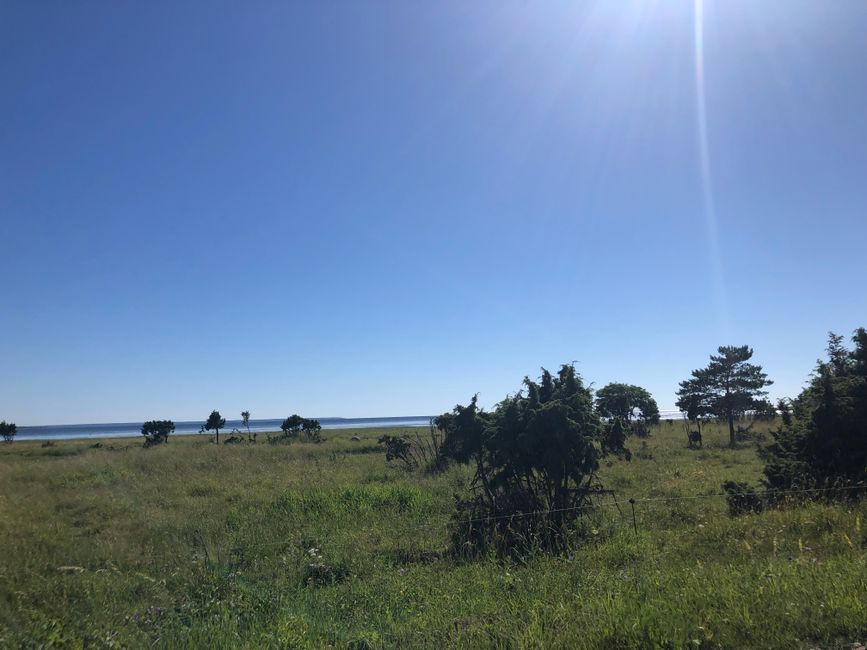
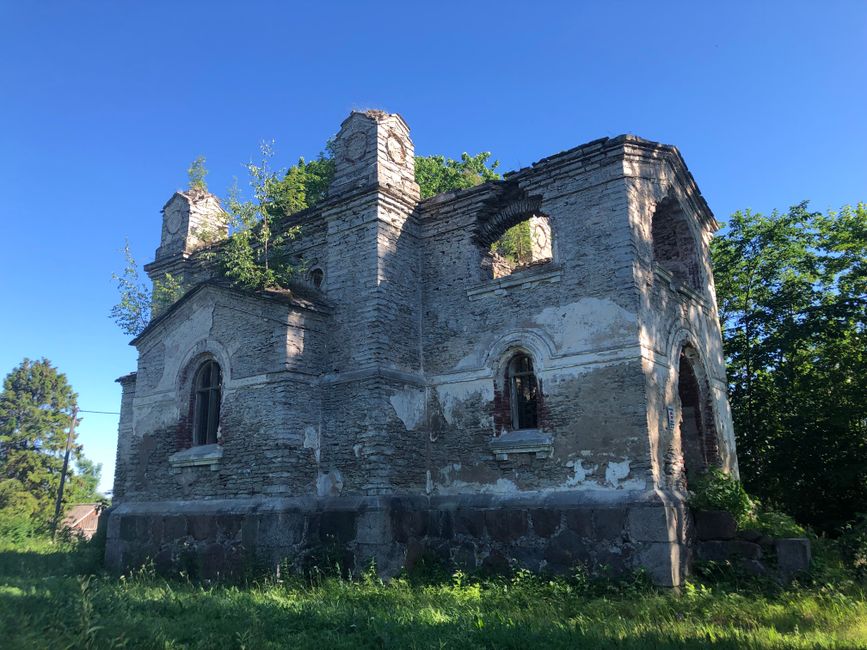
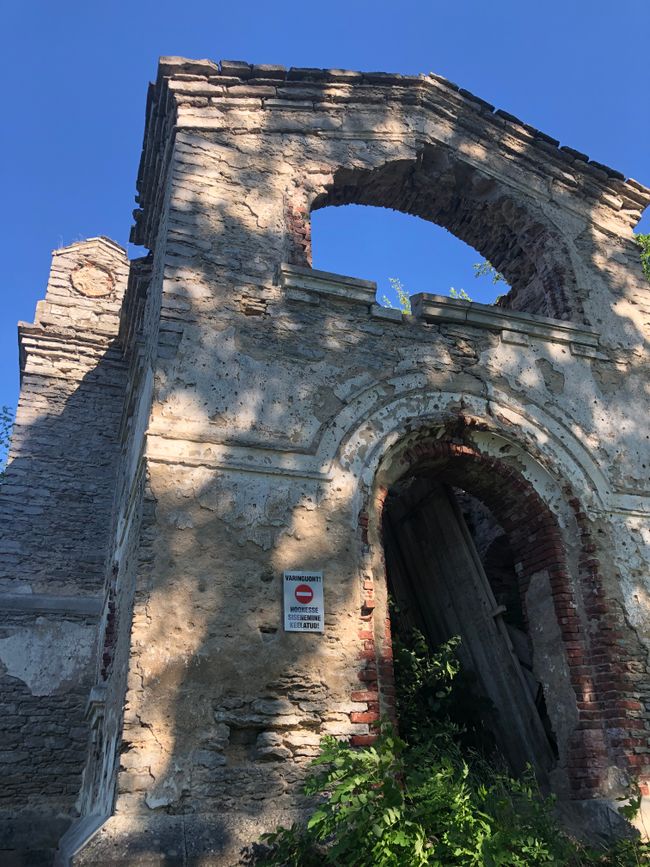
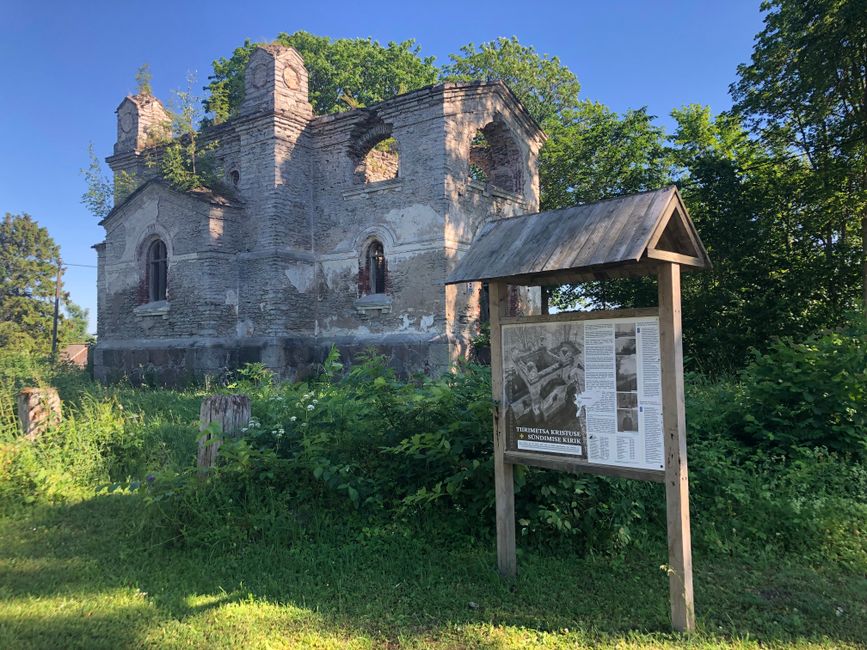
ਨਿਊਜ਼ਲੈਟਰ ਦੀ ਗਾਹਕੀ ਲਓ
As mentioned before, yesterday I decided to take a break from blogging. After a long nap in the morning and a simple breakfast, it started raining in the early afternoon - heavily! My roof tent is then a cozy retreat for dozing, reading - and thanks to Wi-Fi! - watching Netflix!
In the evening, I even managed to go on a short beach trip.
Today, I went on an island sightseeing tour in the southern part of the island Saaremaa. First, I visited the Kuressaare Bishop's Castle,known as Arensburg in German, in the capital city of Kuressaare.
The Kuressaare Bishop's Castle is one of the best preserved medieval castles in the Baltic states. The impressive structure, made of dolomite blocks, has preserved its original appearance to this day. Its characteristic feature is the five-story, 29-meter high tower called the "Long Hermann". Surrounding the Bishop's Castle is a spacious moat filled with water.
Today, the castle houses a museum showcasing the history of Saaremaa. The most fascinating part of the exhibition for me was a room dedicated to the topic of Vikings. The exhibition is small but well-curated, focusing on a special find. Starting in 2008, two Viking ships were excavated near Salme, containing the buried remains of 40 males. The exhibition provides detailed information on how these 40 Vikings met their demise.
A second equally impressive exhibition reveals details from the history of the so-called "Forest Brothers", national resistance groups that found themselves caught between the fronts during the turmoil of the Hitler-Stalin Pact. Even today, you can occasionally find buried milk cans on Saaremaa containing the belongings of resistance fighters.
But the rest of the castle is also worth seeing and well worth a visit. The well-preserved complex impressively demonstrates the amount of energy invested over centuries in maintaining such structures.
I dedicated the second part of my sightseeing to the south of the island, where a more than 53-meter high lighthouse stands, still sending its signal up to 15 km into the night. By the way, Saaremaa used to be a restricted area during Soviet times and served as a location for numerous air defense units and electronic surveillance specialists. I returned along a gravel road along the island's west coast. An absolutely dreamy route!
Now I'm enjoying the evening before heading back to the mainland and south tomorrow.
ਨਿਊਜ਼ਲੈਟਰ ਦੀ ਗਾਹਕੀ ਲਓ
ਜਵਾਬ
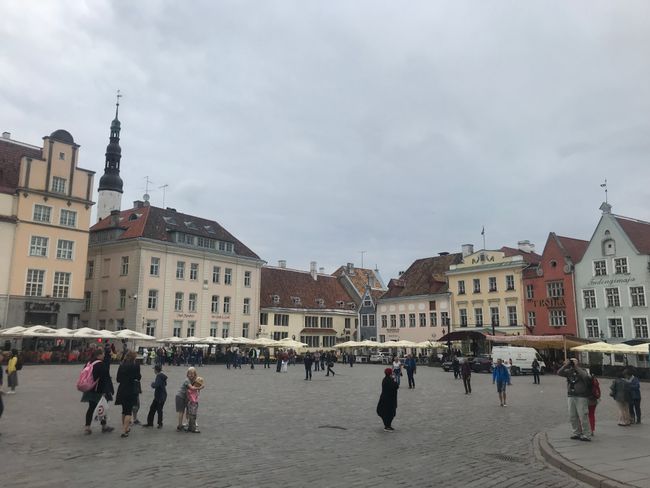
ਯਾਤਰਾ ਰਿਪੋਰਟਾਂ ਐਸਟੋਨੀਆ

